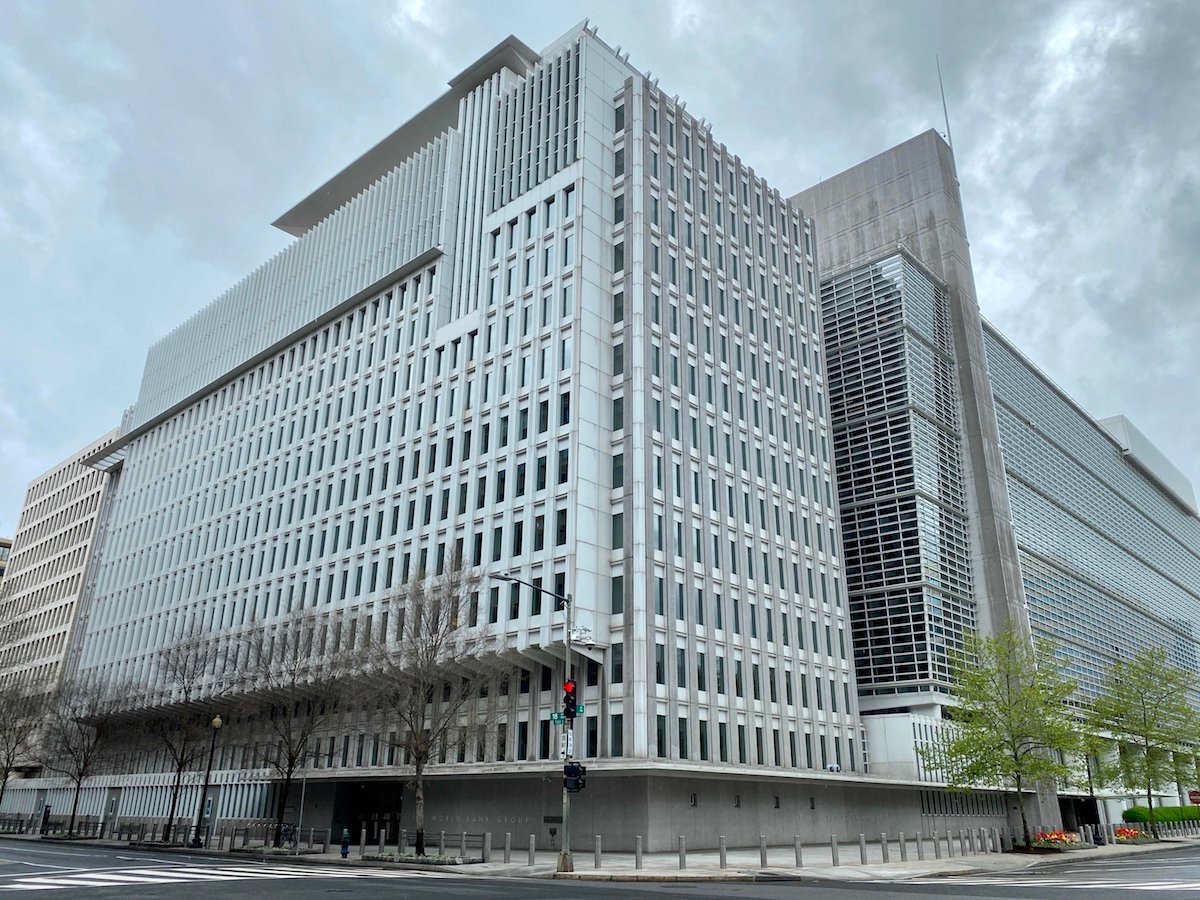The World Bank has just released its groundbreaking “Business Ready” (B-Ready) report, a comprehensive analysis of the global business and investment climate. Published on October 3, 2024, this report replaces the former “Doing Business” report, offering a more transparent and in-depth evaluation of countries without ranking them in a competitive order.
B-Ready sets itself apart by diving deeper into the business landscape of each country, focusing on ten key areas such as business creation, insolvency, taxation, and international trade. The approach is holistic, examining each theme through three pillars: regulatory framework, the quality of public services, and their efficiency.
Morocco is one of the 50 countries featured in this inaugural edition. The report highlights both the strengths and weaknesses of the country’s business environment.
Among Morocco’s notable strengths are business creation, company establishment, and public services. The report praises Morocco for having a simplified and digitized regulatory framework that facilitates starting a business. However, improvements are needed in the full implementation of the “directentreprise.ma” platform and in enriching data on companies and financing options.
For company establishment, Morocco benefits from the digitalization of land-related processes and streamlined procedures, although access to information on property transactions and land disputes needs enhancement.
In public utility services, Morocco provides secure and efficient access to electricity, water, and the internet. To build on this success, the report suggests better coordination and management of infrastructure services and accelerating the digitalization of administrative procedures.
On the labor market front, while Morocco offers solid public services in terms of social protection and employment promotion, there are gaps to address in terms of contract flexibility, overtime management, dismissals, and the development of professional training programs.
Morocco has made strides in integrating into the global economy and facilitating international trade, yet more effort is required to boost digital commerce and establish mutual recognition agreements for certified economic operators. In taxation, Morocco has embarked on an ambitious reform to improve tax regulations and administration, but further steps are needed to universalize e-filing and e-payment systems, and to introduce green taxes.
When it comes to dispute resolution, Morocco has specialized courts and has reformed its arbitration and mediation laws. Nevertheless, there is still work to do in modernizing the judicial system, reducing case processing times, and further digitizing legal procedures.
The country has a solid legal framework to protect intellectual property rights and promote competition, but the report recommends publishing guidance documents on competition and fostering stronger collaboration between academia and the private sector to spur innovation.
While Morocco has reformed its Commercial Code to better handle companies in distress, the adoption of application decrees for the insolvency law and the digitalization of related procedures need to be accelerated.
To address these gaps, the B-Ready report advises Morocco to invest more in improving its public services, particularly through digitization and automation of administrative processes, while also strengthening infrastructure quality. By easing regulations and simplifying operational procedures, Morocco could boost its competitiveness, attract more foreign investment, and foster more inclusive and sustainable economic growth.
